Public Service Announcement: Psychedelics Decriminalized in Ann Arbor
The Ann Arbor City Council on Sept. 21 voted unanimously to decriminalize several illicit psychedelic substances, including ayahuasca, mescaline, peyote, psilocybin mushrooms and ibogaine. The rationale for this vote resulted from the work of a grass-roots movement advocating for the use of psychedelics for various physical, emotional and mental health conditions.
Consultants at your Michigan Poison Center want anyone who intends to engage in the use of these products to understand the risks associated with using psychedelics and why they remain Schedule I substances on the Controlled Substance List with the U.S. Drug Enforcement Agency.
Psilocybe cubensis, known as “magic mushrooms, and other related species of mushrooms, along with various plants, can cause psychotropic effects. Advocates for legalization of these substances argue that psychedelics can be used as an alternative treatment for mental health conditions and that they have shown some efficacy in treating opioid and cocaine withdrawal. However, several of these substances have toxic effects and may cause significant illness resulting in hospitalization or death in people with underlying heart and neurological illnesses. Additionally, the wide variation in the metabolic rate of consumption of these compounds places some people at high risk for drug and food interactions. Studies suggest that patients with mental health disorders who use psychedelics are more likely to suffer from self-destructive and suicidal thoughts or so-called “bad trips.” This manifests as fear, confrontational hallucinations, severe anxiety, confusion and paranoia. Although rare, death can occur with combined use of these substances and other agents, such as alcohol and certain prescription medications.
Ayahuasca is a plant-based psychedelic containing the active ingredient dimethyltryptamine, or DMT. Ayahuasca also contains compounds known as monoamine oxidase inhibitors, or MAOIs, which prevent the breakdown of certain chemicals (including serotonin), foods and medications in the gut. Due to the presence of DMT and MAOIs in ayahuasca, individuals using anti-depressants such as selective serotonin reuptake inhibitors like fluoxetine (Prozac), citalopram (Celexa) and others, or those who use methylenedioxymethamphetamine (MDMA) are at higher risk for adverse effects like seizures and cardiovascular toxicity. Use of ayahuasca with a variety of other medications used to treat attention deficit disorders, pain, weight loss, high blood pressure and other health conditions can result in severe adverse effects as well. Many foods and alcoholic beverages, such as beer and red wine, should not be consumed with ayahuasca.
Ibogaine is the most concerning drug of all the substances that have been included in this vote. The National Institute for Drug Abuse halted studies on ibogaine in the 1990s because of safety concerns. Andrew King, M.D., medical toxicologist and associate professor of the Wayne State University School of Medicine Department of Emergency Medicine, warns, “There have been cardiac arrests from ibogaine. Some may try to use it for treatment of opioid use disorder, but it should be absolutely discouraged.” Ibogaine may cause nervous system cell death in high doses and is a known heart toxin. People with pre-existing cardiac conditions are at higher risk of illness and sudden cardiac arrest with use of ibogaine and there are numerous cases of people developing abnormal heart rhythms requiring defibrillation and leading to sudden death. Your Michigan Poison Center does not condone the use of illicit substances. As with any other substance or medication, keep psychotropics out of sight and reach of children and vulnerable adults. If you have questions about any substances or drugs, please call your Michigan Poison Center.
Michigan Poison Center Hotline
800-222-1222
Free, expert advice always available 24 hours a day, seven days a week, 365 days a year
References
Alcohol and Drug Foundation. (2020, May 18). Ayahuasca. North Melbourne, Victoria, Australia. Retrieved from https://adf.org.au/drug-facts/ayahuasca/
Johnathan A. Coleman, D. Y.-C. (2019, April 24). U.S. National Library of Medicine National Institutes of Health. District of Columbia: PubMed. Retrieved from NCBI: https://www.ncbi.nlm.nih.gov/pmc/articles/PMC6750207/
K R Alper, e. a. (1999). Treatment of acute opioid withdrawal with ibogaine. The American Journal on Addictions.
Marcelo Dutra Arbo, e. a. (2016). Drugs of Abuse and the Internet. Science Direct, 1. Retrieved September 23, 2020, from https://www.sciencedirect.com/topics/neuroscience/psilocybe-cubensis
Ruud P W Litigens, T. M. (2016, January 25). How toxic is ibogaine? Clinical Toxicology, pp. 297-302. Retrieved from https://pubmed.ncbi.nlm.nih.gov/26807959/
Stanton, R. (2020, September 22). mlive.com. Retrieved from mLIVE Michigan: https://www.mlive.com/news/ann-arbor/2020/09/ann-arbor-oks-move-to-decriminalize-psychedelic-mushrooms-plants.html

